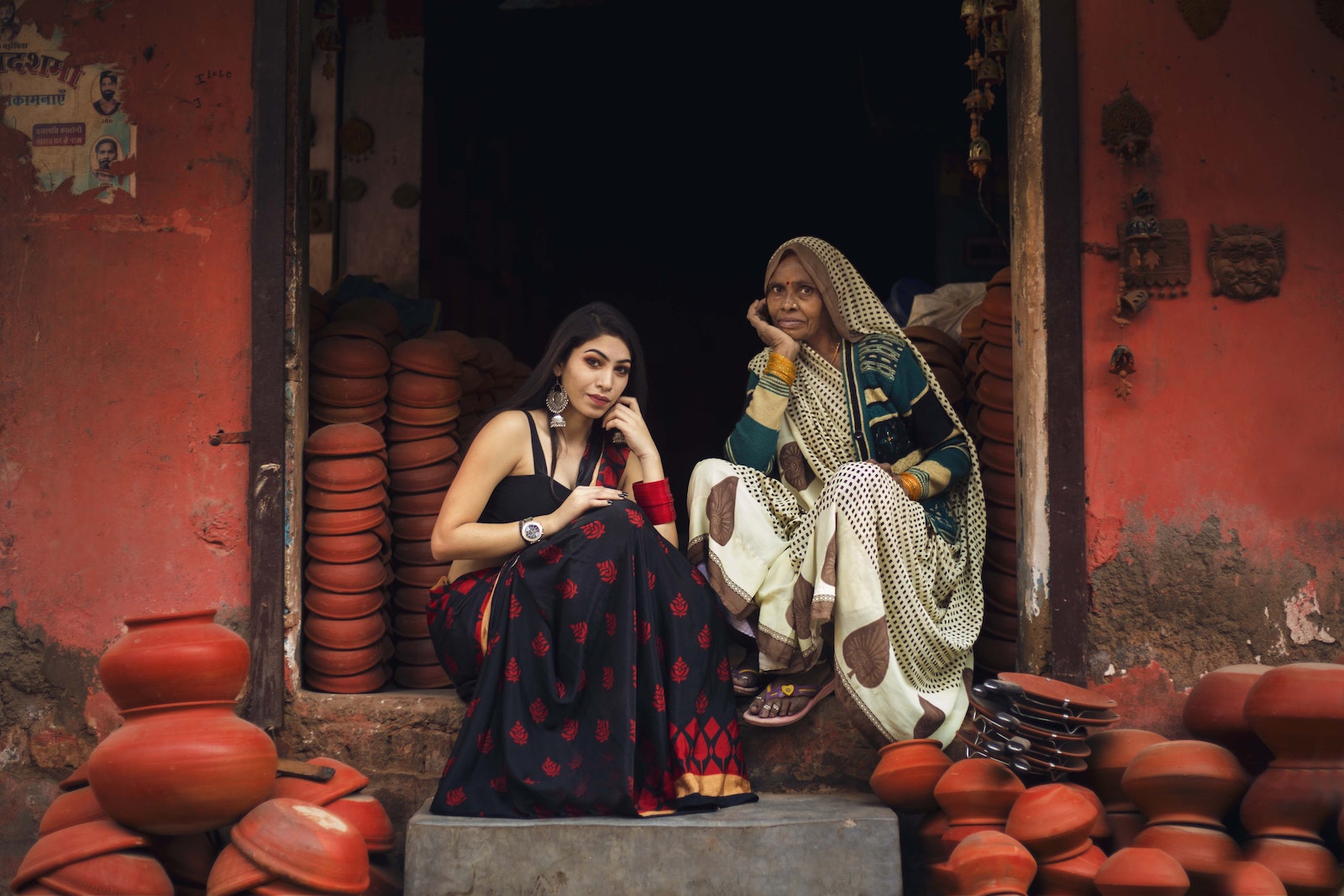
Introduction: Women Rights in India
Women Rights in India – A land of diversity and rich cultural heritage has been home to numerous powerful and influential women throughout history. Despite this, the journey towards achieving equal rights for women has been fraught with challenges. Over the years, India has witnessed significant progress in the realm of women’s rights, but there is still much ground to cover. This blog delves into the complexities surrounding women’s rights in India, the strides made, and the road to achieving true gender equality.
Historical Perspective:
Throughout India’s history, women have played essential roles in various aspects of society, from ruling kingdoms to leading social movements. However, deeply ingrained patriarchal norms have limited their opportunities and subjected them to discrimination and inequality. The struggle for women’s rights gained momentum during the freedom struggle, with pioneers like Rani Lakshmibai, Sarojini Naidu, and Annie Besant paving the way for future generations.
Challenges Faced:
Modern India presents a paradox where women continue contributing significantly to society while facing various challenges. Gender-based violence, female infanticide, child marriage, and unequal access to education and healthcare persist in many parts of the country. Additionally, wage gaps and limited representation in leadership positions hinder women’s participation in the workforce.
Women Rights in India – Legislative Progress:
India has taken significant strides in enacting laws to protect women’s rights. The Constitution of India guarantees equality and non-discrimination. Additionally, enacting laws like the Protection of Women from Domestic Violence Act, 2005, and the Criminal Law (Amendment) Act, 2013, aimed at addressing sexual offenses, signify positive steps towards safeguarding women’s interests.
Women’s Empowerment Initiatives:
Several initiatives have been undertaken by the government and non-governmental organizations to empower women in India. Schemes like Beti Bachao, Beti Padhao (Save the Girl Child, Educate the Girl Child), and Mahila Shakti Kendra (Women’s Empowerment Center) strive to improve the status of women and promote gender equality.
Economic Empowerment:
Economic independence is a crucial aspect of women’s rights. Encouraging women’s participation in the workforce, supporting women entrepreneurs, and providing skill development opportunities are instrumental in breaking the cycle of poverty and promoting women’s self-reliance.
Women Rights in India – Educational Equality:
Education is a catalyst for change. Efforts to ensure equal access to education for girls and women can unlock their potential and lead to more significant advancements in all spheres of life. Initiatives like providing scholarships, improving school infrastructure, and promoting female teachers contribute to creating a conducive learning environment for girls.
The Role of Men and Society:
Achieving women’s rights in India requires collective effort. Men must play an active role as allies, dismantling harmful stereotypes and promoting a culture of respect and equality. Changing societal attitudes towards gender roles is pivotal to fostering an environment where women can thrive and fulfill their aspirations.
Conclusion:
Pursuing women rights in India is an ongoing journey that demands continuous commitment and effort from all sections of society. As we celebrate progress, we must acknowledge the challenges that remain and work collectively to create a society where women are treated as equals. Empowering women not only benefits them but also contributes to the growth and progress of the entire nation. By supporting and uplifting women, India can realize its full potential and become a beacon of gender equality for the world to emulate.




















